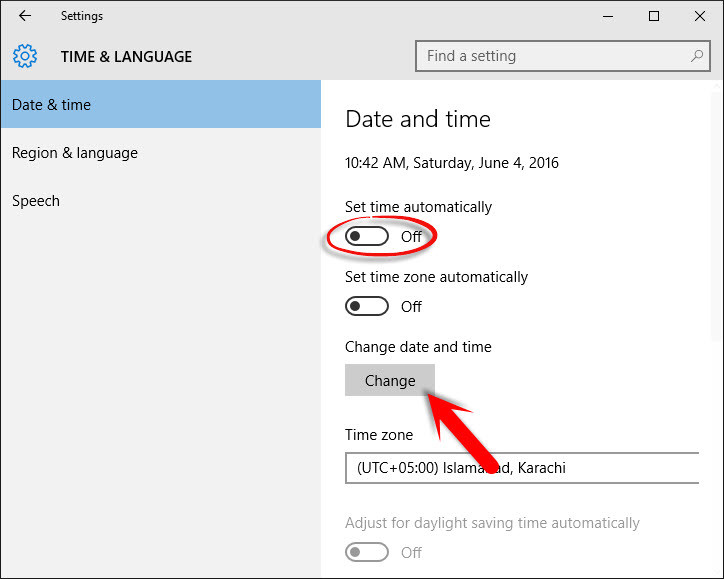

Yet another corner of the language grammar. Not have to grasp yet another set of local conventions, or decipher A reader already familiar with a particular style does However the consistent application of the sameįormatting rules will almost always enhance Good or bad and almost everybody differs in personal
#Timeout error distill website monitor code#
The specifics of code formatting - so long as they are practical -Īre of little consequence. Is the tax of sophistication - you must always ensure that its utility exceeds its cost. Language requires a complex implementation, and complexity begetsĬomplexity: of reasoning, of semantics, of interaction betweenįeatures, and of the understanding of your collaborators. Power but avoid the esoteric ones (especially in the type system).Ībove all, be always aware of the trade offs you make. “best practices,” but its core ideas are unlikely to change: Alwaysįavor readability write generic code but not at the expensive ofĬlarity take advantage of simple language features that afford great This is a living document that will change to reflect our current This is not an introduction to Scala we assume the reader

It will be inferior in most ways to its original. There’s no use coercing a Java program into Scala, for

Order to use the language effectively, you must phrase your problems Nor Python a Scala program is unlike one written in any of these. However brevity is a blunt tool that canĪlso deliver the opposite effect: After correctness, think always ofĪbove all, program in Scala. Is less reading, and less reading is often faster reading, and thusīrevity enhances clarity. Scala provides many tools that enable succinct expression. This is not the law, but deviation should Our use of Scala is mainly forĬreating high volume services that form distributed systems - and ourĪdvice is thus biased - but most of the advice herein should translate Use of the language? This guide attempts to distill our experience into shortĮssays, providing a set of best practices. Which do we eschew? When do we employ “purely functional style”, and whenĭo we avoid it? In other words: what have we found to be an effective What are its pitfalls? Which features do we embrace, While highly effective, Scala is also a large language,Īnd our experiences have taught us to practice great care in itsĪpplication. Much of our infrastructure is written in Scala and Scala is one of the main application programming languages


 0 kommentar(er)
0 kommentar(er)
